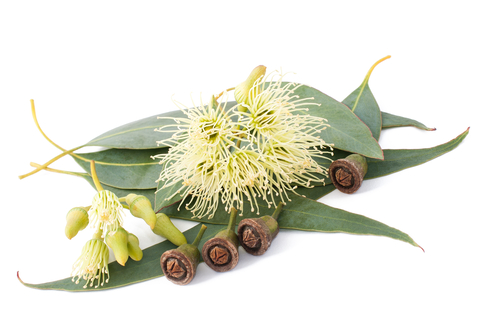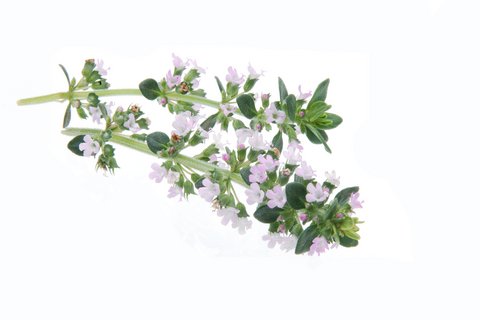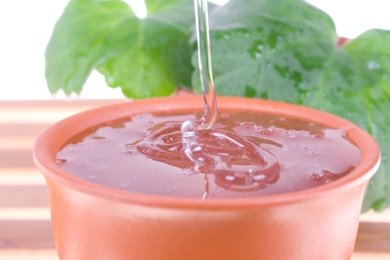Benefits of Calendula
"Let food be your medicine and your medicine be your food. Each one of the substances in a person's diet, acts upon the body and changes it in some unique way, and upon these changes the whole life depends, whether in health, in sickness or convalescent."
Hippocrates 2 000 years ago.
Welcome to our home remedies page on Benefits of Calendula, where we explore the extraordinary benefits of calendula, a vibrant herb with a rich history of healing and wellness.
Also known as marigold, calendula is a versatile plant renowned for its numerous therapeutic properties that can be harnessed to promote skin health, support digestion, and boost overall well-being.
From soothing skin irritation and promoting wound healing to calm inflammation and supporting digestive health, calendula offers a natural and effective solution for enhancing your health and vitality.
Join us on a journey through the remarkable benefits of calendula and discover how this radiant herb can be a valuable addition to your home wellness practices.
 Calendula
CalendulaTable of Contents
- Skin Healing
- Antimicrobial
- Anti-inflammatory
- Digestive Health
- Immune Support
- Closing
Why is Calendula good for Skin Healing.
Calendula, also known as pot marigold, is renowned for its skin-healing properties due to several key attributes:
Anti-inflammatory Properties:
- The flavonoids and triterpenoids are the compounds found in Calendula that help reduce inflammation, which is crucial in the healing process.
Antioxidant Activity:
- The Carotenoids and Flavonoids antioxidants found in calendula, help protect cells from damage caused by free radicals, promoting faster skin repair.
Promotes Granulation:
- Polysaccharides contained in Calendula aid in the formation of new skin tissue, important for the repair of wounds.
Hydration and Moisture:
- Emollient Properties in Calendula helps to moisturize the skin, keeping it hydrated and promoting a better healing environment.
Collagen Production:
- Stimulation of collagen in calendula has been found to encourage collagen production which is essential for skin strength and elasticity.
These combined properties make calendula an effective ingredient in many skincare products aimed at healing, soothing, and protecting the skin.
It's commonly found in creams, ointments, and balms designed for cuts, scrapes, burns and other minor skin irritations.
 Calendula
CalendulaAntimicrobial
The term "antimicrobial" underscores the broad spectrum of these agents' abilities to fight against various harmful microorganism making them crucial in healthcare, hygiene, and preservation.
TYPES OF ANTIMICROBIAL AGENTS
Antibacterials:
- Specifically target bacteria (e.g. antibiotics like penicillin).
Antivirals:
- Combat viruses (eg., medications for HIV, influenza).
Antifungals:
- Target fungi (eg., creams or oral medications for fungal infections.
Antiparasitics:
- Work against protozoans and other parasites (eg., treatments for malaria).
APPLICATIONS;
Medicine: Used to treat infections and diseases caused by microorganisms.
Sanitation: Used in cleaning products to disinfect surfaces and kill harmful germs.
Preservation: In food and cosmetics, to prevent the growth of microrganisms that could spoil the product or cause harm.
These properties make calendula a popular ingredient in herbal remedies, skincare products, and natural treatments for a variety of inflammatory conditions. However, it's always best to consult with a healthcare professional before beginning any new treatment regimen, especially of you have existing health conditions or are taking other medications.
Why is Calendula good for anti-inflammatory issue?

Calendula, commonly known as marigold, has been recognized for its anti-inflammatory properties and has been used in traditional medicine for centuries. Here are a few reasons why calendula may be effective for addressing inflammatory issues.
Natural Antioxidants:
- Calendula contains potent antioxidants such as flavonoids and carotenoids. These compounds help neutralize free radicals, which can reduce oxidative stress and inflammation in the body.
Essential Oils:
- The essential oils found in calendula have anti-inflammatory effects.
- They can help alleviate inflammation when applied topically or taken internally (though internal use should be guided by a healthcare professional.
Triterpenoids:
- These are active compounds in calendula that have been shown to have anti-inflammatory, antimicrobial, and healing properties.
- They can inhibit the bodies' inflammatory response to physical or microbial triggers.
Immune System Modulation:
- Calendula can modulate the immune system's response helping to reduce excessive inflammation that can lead to tissue damage and prolong healing.
Promotes Tissue Repair:
- Calendula helps in promoting new tissue growth, which is essential in the healing of wounds and inflammation-related skin issues like eczema and dermatitis.
Soothing Effects:
- When used in salves, creams, or ointments, calendula can sooth irritated skin, reduce swelling, and aid in the recovery of skin abrasions and minor cuts, which often involve inflammatory processes.
Closing
These properties make calendula a popular ingredient in herbal remedies, skincare products, and natural treatments for a variety of inflammatory conditions. However. it's always best to consult with a healthcare professional before beginning any new treatment regimen, especially if you have existing health conditions or take other medications.
IMPORTANT NOTICE
Home Remedies Haven would like to reassure all the visitors to our site, that we respect your privacy and do not in any way sell personal information.







